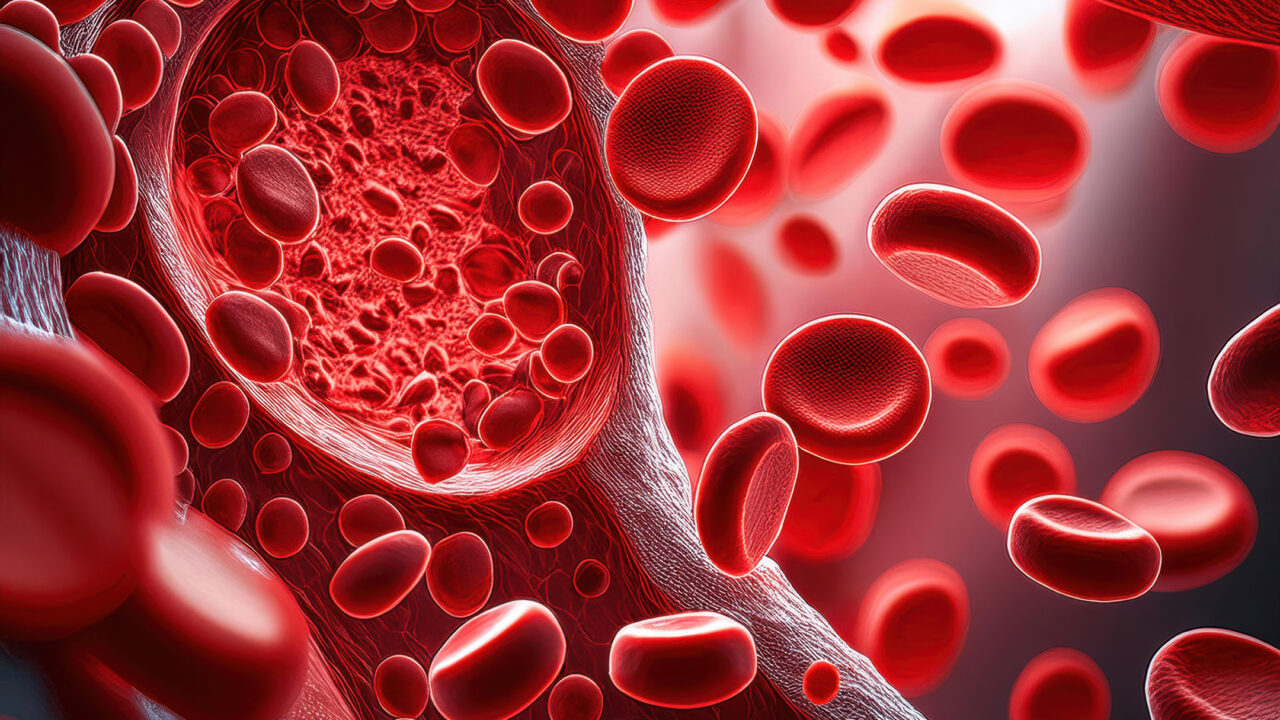Mutation drives granulosa cell tumor growth, highlighting potential therapeutic targets
Adult granulosa cell tumors (AGCTs) constitute a rare type of ovarian cancer that typically involves a specific mutation in the FOXL2 gene, which disrupts ovarian function and can lead to incurable relapse. However, it is not well understood how this specific mutation is able to promote cancer cell growth. To provide further mechanistic insights, researchers led by Tyler Hillman, M.D., Ph.D., examined cell lines of relapsed AGCT with this specific mutation. They found that the mutation causes the FOXL2...











